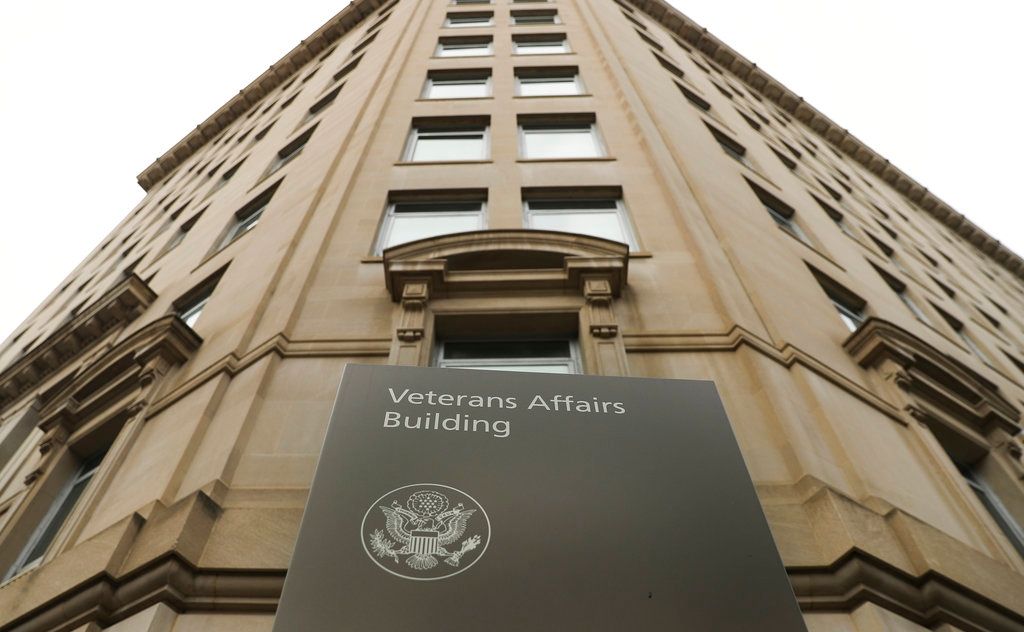WASHINGTON — Democratic lawmakers questioned Veterans Affairs officials Wednesday about how the department would deal with federal staffing cuts as well as the implementation of its return-to-work policy, during a House subcommittee hearing on mental health policies.
U.S. Rep. Delia Ramirez, D-Ill., a member of the House Veterans' Affairs Oversight Subcommittee, told Ilse Wiechers, the deputy executive director in the Veterans Health Administration, that the agency should be planning for and seeking to mitigate the effects of any cuts.
“We really have to be asking ourselves when we are making these major decisions and shifts and changes, what will the impact in fact be for our veterans and what we are doing in advance to ensure that the veterans that we say that we serve are not impacted by it?" Ramirez said.
During one line of questioning, Ramirez asked Wiechers about how Veterans Affairs would "fill gaps" left by reported reductions at the Substance Abuse and Mental Health Services Administration, which works with the department.
“I believe that the VA will continue to provide high-quality access to substance abuse disorder treatments and for mental health treatment for its veterans,” Wiechers responded.
Veterans Affairs Secretary Doug Collins told Spectrum News earlier this month that he was assessing the merits of a planned 15% staffing cut and that no firings had happened yet — after an internal memo describing a planned reorganization that included cutting more than 80,000 jobs from the department was obtained by The Associated Press.
On Wednesday, officials from Veterans Affairs also emphasized that more than 300,000 positions, including “frontline” mental health providers, are exempt from the federal hiring freeze.
“We haven’t seen the secretary’s plan for what the actual final staffing cuts or decreases in staff will be,” said Dr. Julie Kroviak, deputy assistant inspector general at Veterans Affairs. Kroviak noted the Office of the Inspector General is currently working on an annual congressionally mandated report on staffing that is expected to be published by the end of the summer.
Democratic lawmakers also raised concerns about the administration’s policy requiring its workers to return to the office earlier this month.
“We have heard report after report from providers who are conducting telehealth appointments in compromised conditions — from open spaces to closets to even showers,” Ramirez said in her opening remarks. “A shower is not the appropriate place to have these conversations.”
Another subcommittee member, U.S. Rep. Timothy Kennedy, D-N.Y., later asked Wiechers about the “space constraints.”
“We have processes at each of the facilities that allow the staff to report those concerns so they can be addressed and ensure that the privacy of our veterans is held sacred as it should be,” Wiechers said.
Subcommittee Chair Jen Kiggans, R-Va., described some of the challenges the agency faces in its work to provide mental health care to veterans.
More than 6,400 veterans died by suicide in 2022, according to a report released in December, meaning that veterans took their own lives at a rate of 17 per day that year.
“We know that we are losing veterans," Kiggans said. "Despite a seemingly endless amount of resources spent, these numbers have failed to substantially decline. One veteran suicide is too many,” she said.
Kiggans is a Navy veteran and geriatric nurse practitioner.
“We cannot let fear mongering or partisan politics get in the way of achieving results for our veterans,” Kiggans said in her closing remarks.




